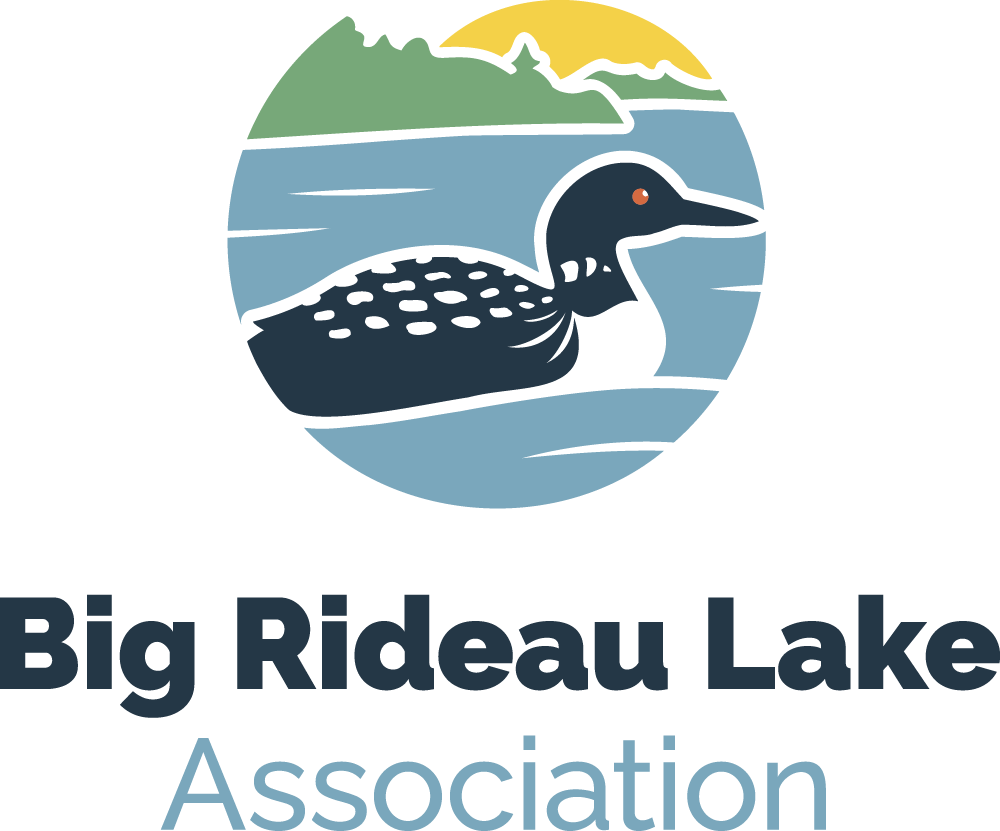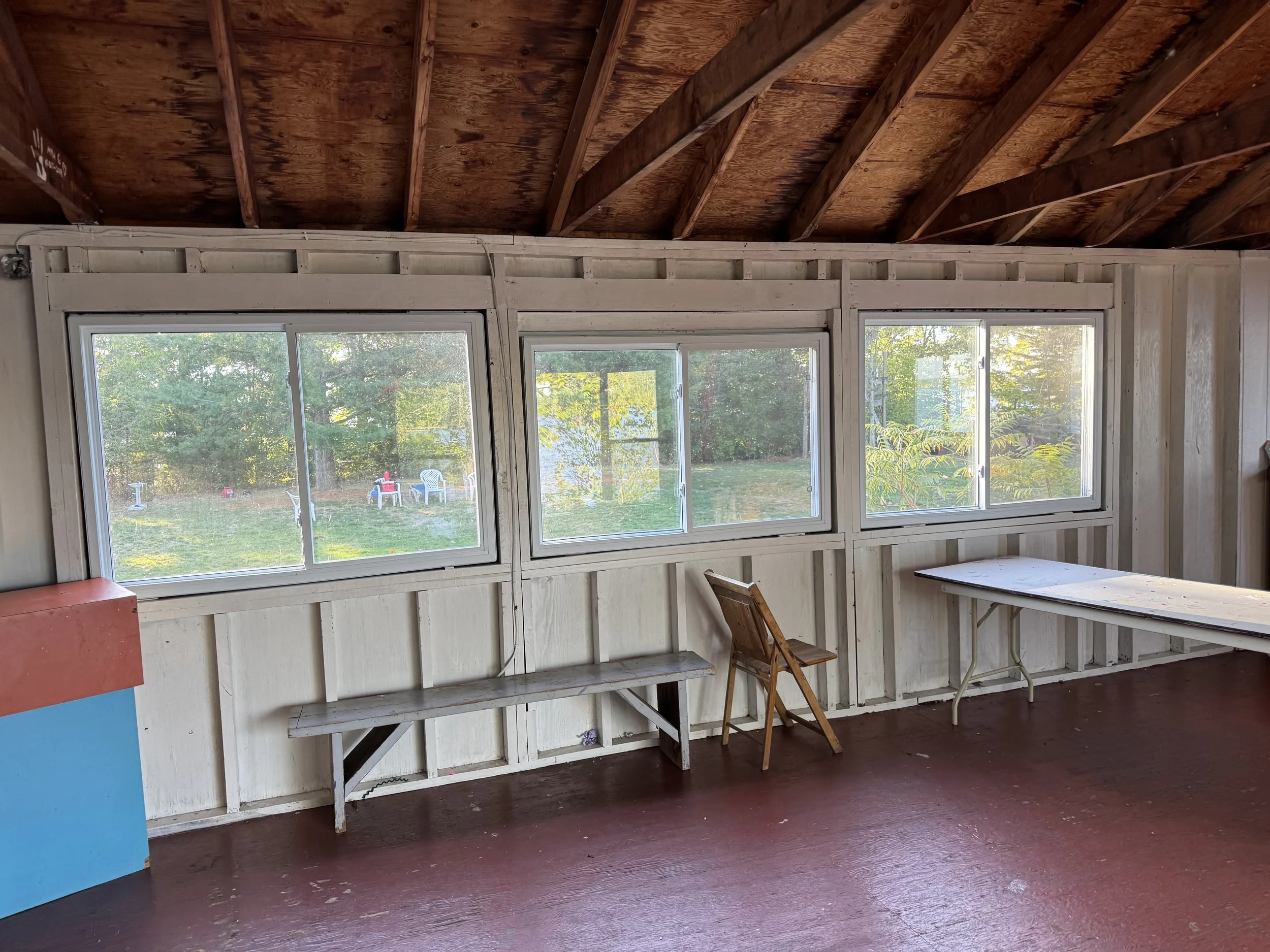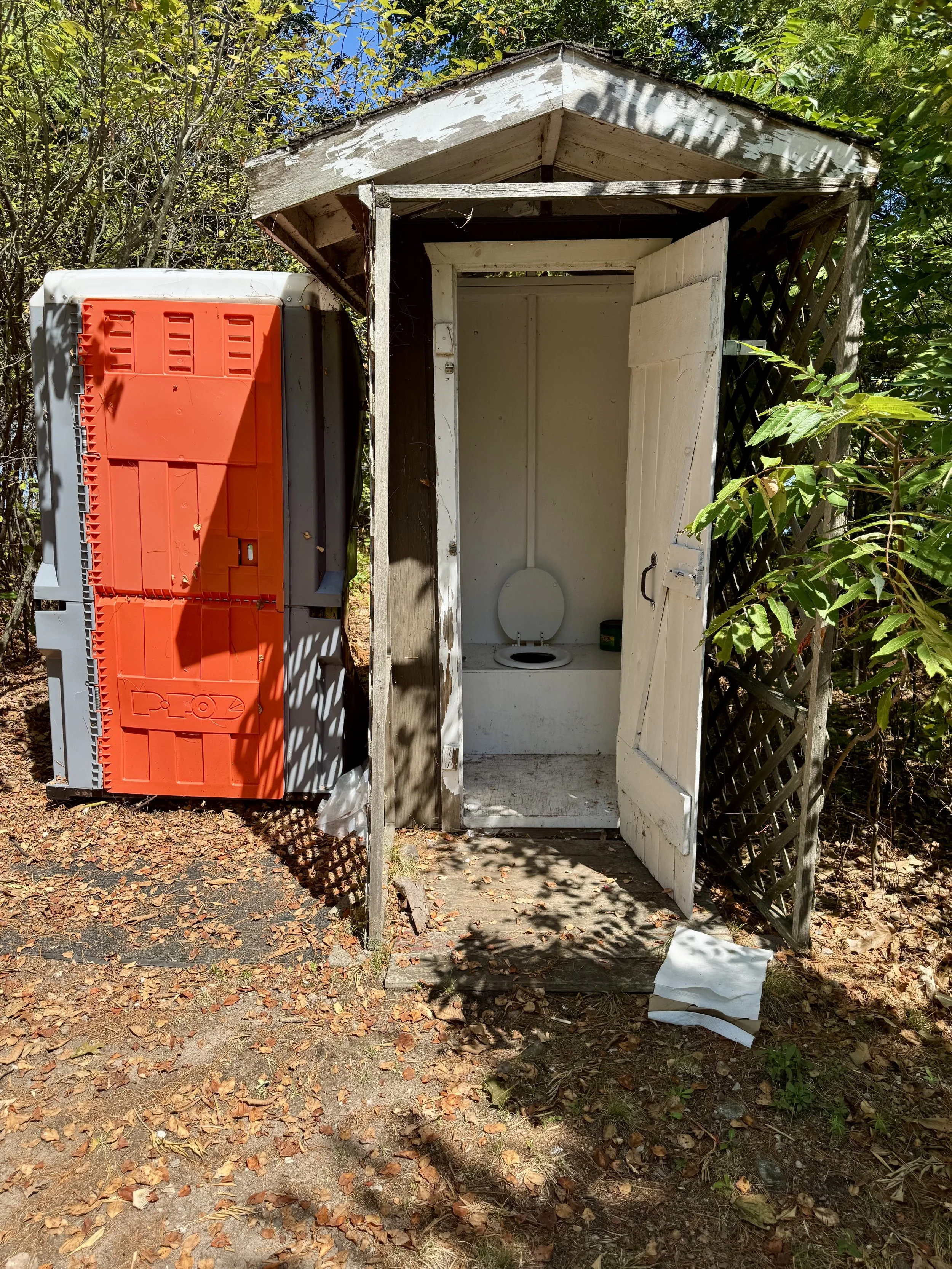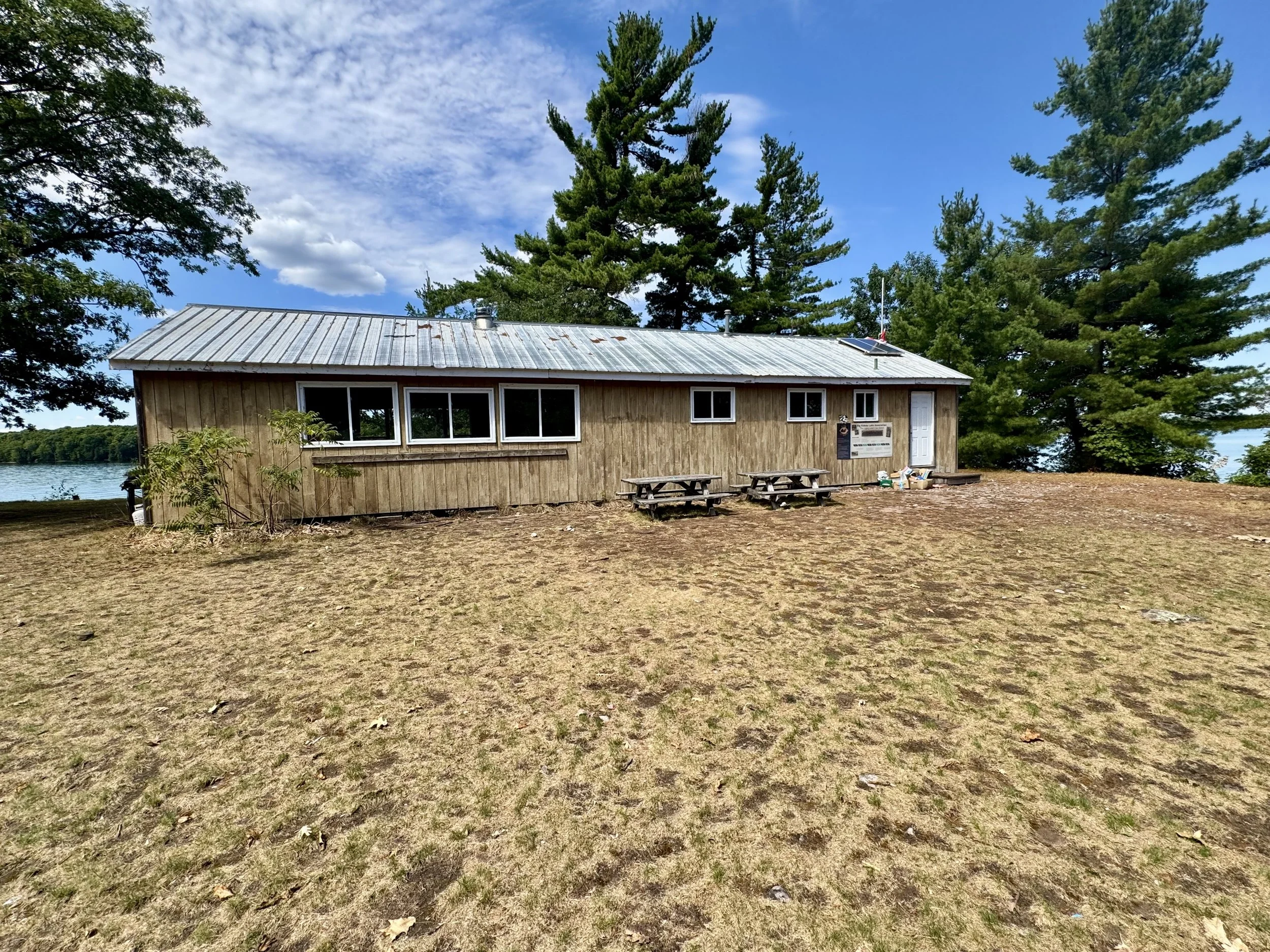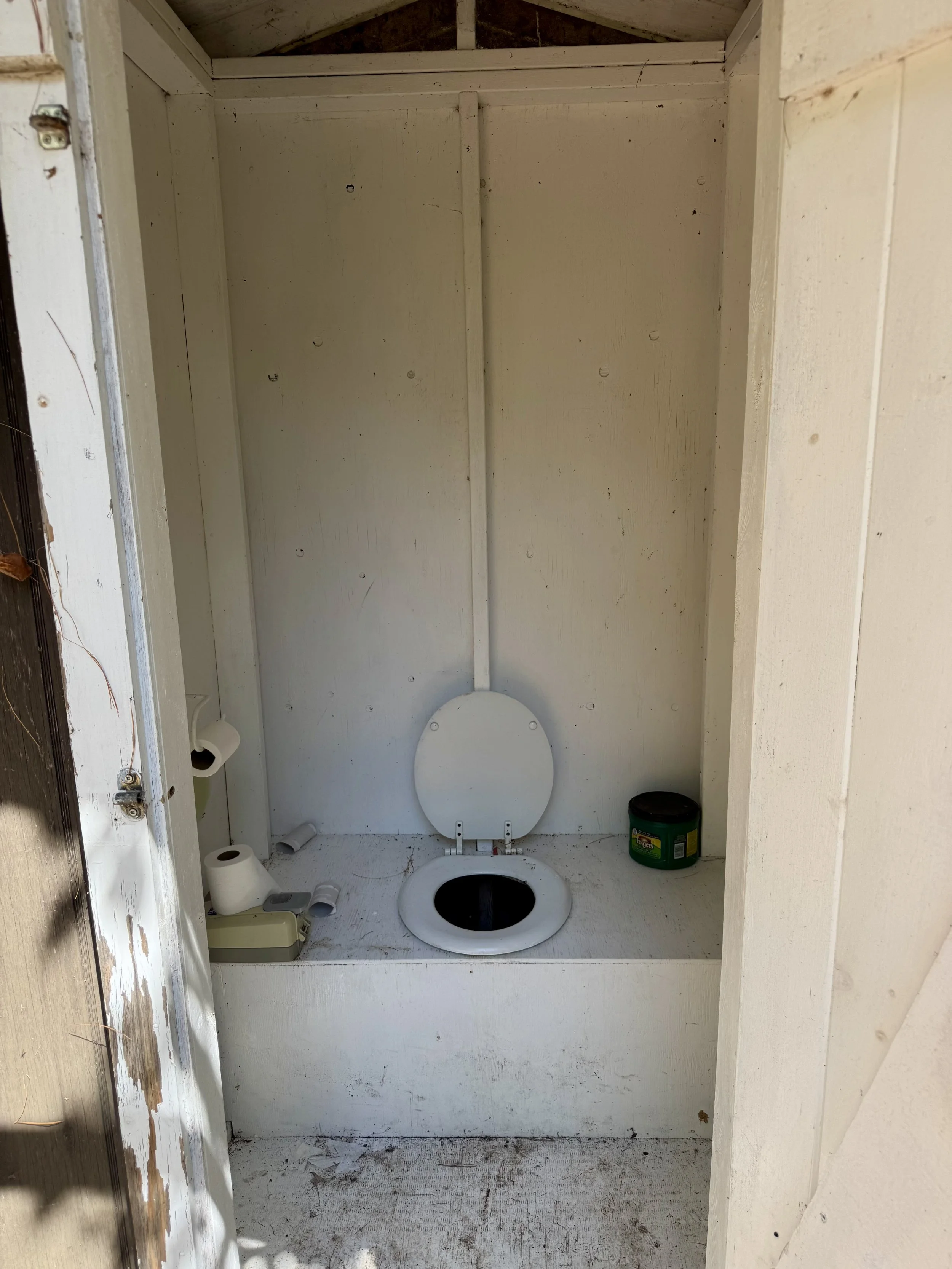Cow Island Vision 2025
Want To Help? Find Out more!!
Check out our vision and plans for infrastructure upgrades to Cow Island that support the BRLA today and for generations to come.
Current Infrastructure
Haven’t been to the island in a while? See for yourself our 60 year old infrastructure!
Membership Ask - We Need Your Help
Just a few hundred dollars from each member will get us to our financial goals.
Contribute at a level that works for you and your family.
Our Cow Island Day Camp curriculum is key to educating the next generation about our lake environment and lake safety. This aligns with two of the objectives of the Rideau Lakes Environmental Foundation (RLEF). This important connection allows personal contributions to the Cow Island infrastructure upgrades (flush toilets, water system, septic, electricity, safety related clubhouse upgrades) to be eligible for a tax receipt.
Prefer to make a corporate donation?
Champion: $1,000 to $4,999
Name on Champion Donor Plaque & Website
Invite to Ribbon Cutting Ceremony
1 Year Free Membership
2 BRLA Hoodies & 2 Beer Steins
Booster: $500 to $999
Name on Partner Donor Plaque & Website
Invite to Ribbon Cutting Ceremony
2 BRLA Hoodies
Supporter: $250 to $499
Name on Supporter Donor Plaque & Website
Invite to Ribbon Cutting Ceremony
2 BRLA Beer Steins
Legacy: I would like to discuss long-term planned giving
Name on Legacy Donor Plaque & Website
Bespoke discussion about your goals for giving with the Big Rideau Lake Association
Leadership Ask - Thank You!
We are grateful to our community who have expressed significant interest in the long term mission of the association. A bespoke group of individuals and Corporate Partners have already ignited this vision with their generous donations. We have momentum towards these legacy goals!
If you are interested in being a part of this valued group through significant contributions in cash or goods and service-in-kind, please set up a discussion with one of our board members. There is no commitment.

